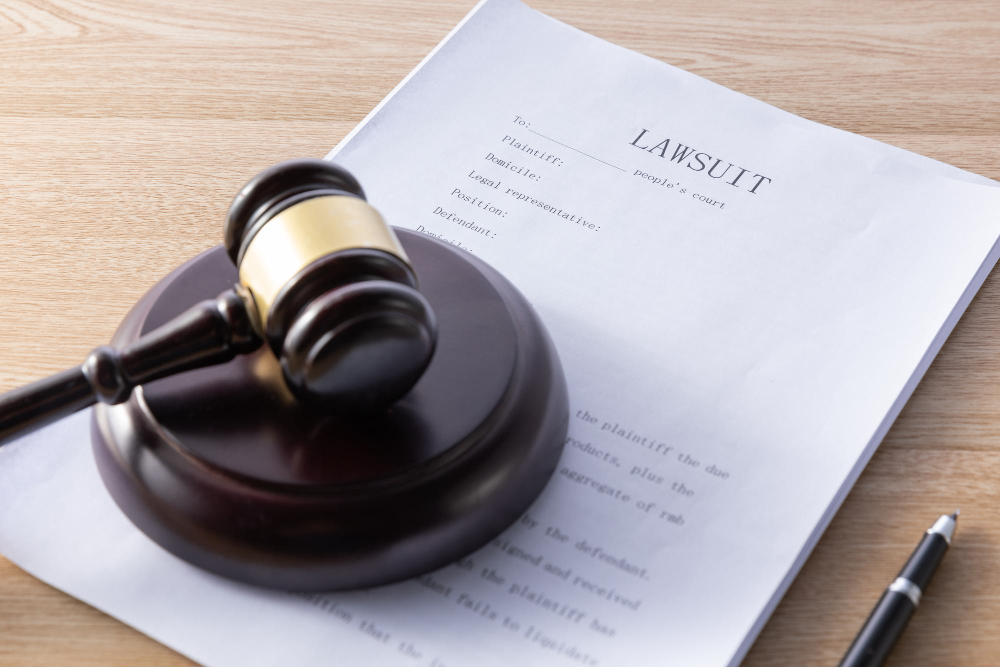Defaulting on a loan is an unfortunate scenario many individuals find themselves in, often due to unforeseen circumstances. In India, this predicament brings with it the potential for legal actions, making it crucial for individuals to navigate this complex landscape wisely. This blog seeks to be a comprehensive guide, shedding light on the legal ramifications loan defaulters may face, offering actionable steps if you find yourself in this situation, and providing insights on how to protect your rights throughout the process.
Understanding the Gravity of Loan Default
Defaulting on a loan is not merely a financial setback; it can have legal consequences. As you grapple with this challenging situation, the first step is recognizing the gravity of the issue. Ignoring it can lead to intensified consequences, including legal actions initiated by your lender.
Contact Your Lender: The first step, and perhaps the most crucial, is immediate communication with your lender. Ignoring the issue only worsens the situation. Be transparent about any unforeseen financial challenges you’re facing. Establishing open lines of communication sets the stage for potential resolutions.
Understand the Loan Terms: Take time to review the terms and conditions of your loan agreement. Familiarize yourself with clauses related to late payments, defaults, and potential penalties. This understanding provides clarity on what you might be up against and empowers you to navigate the situation more effectively.
Assess Your Financial Situation: Conduct a comprehensive evaluation of your financial standing. Create a detailed budget, distinguishing between essential and non-essential expenses. This step gives you a clear picture of your financial capabilities and helps determine how much you can allocate towards loan repayment.
Prioritize Payments: If you’re dealing with multiple debts, prioritize payments based on the severity of consequences for non-payment. Secured loans, where assets are collateral, usually have more serious repercussions than unsecured loans. Focusing on making at least the minimum payments on higher-priority debts is a strategic move.
Explore Restructuring or Refinancing: In some cases, lenders may be open to restructuring your loan, extending the tenure, or adjusting the repayment terms. Alternatively, you might consider refinancing the loan with another institution, especially if it leads to more favorable terms. This step could alleviate the immediate financial burden.
Seek Professional Financial Advice: Consulting with a financial advisor can provide valuable insights into managing your debt. They can help you create a realistic repayment plan, explore debt consolidation options, and provide guidance on how to improve your overall financial health. Expert advice can be a game-changer in navigating complex financial situations.
Negotiate with Lenders: Engaging in open and honest negotiations with your lenders is a prudent step. Some lenders may be willing to work with you to find a solution that suits both parties. This could involve temporary payment arrangements, interest rate reductions, or other modifications to the loan terms. Negotiation is an essential tool in mitigating the impact of default.
Consider Debt Settlement: If your financial situation is dire, you may explore debt settlement options. This involves negotiating with your creditors to settle the debt for a reduced amount. While this can impact your credit score, it may be a viable option for those facing insurmountable debt. Careful consideration and understanding the long-term consequences are key in this step.
Stay Informed about Your Credit Score: Regularly monitor your credit score to stay informed about any changes. Understanding the impact of default on your credit report allows you to take corrective actions and plan for potential credit challenges in the future. Knowledge about your credit score is a tool for strategic financial planning.
Legal Assistance if Necessary: If negotiations fail, or if you’re facing aggressive debt collection practices, consider seeking legal advice. Legal professionals with expertise in financial matters can guide you on the best course of action and help protect your rights. Legal assistance becomes crucial when the situation becomes legally complex, ensuring you have the right support in challenging times.
Facing the consequences of loan default can be intimidating, but proactive steps, professional advice, and a deep understanding of rights empower individuals to navigate this challenging terrain effectively. Communication is the cornerstone of resolving financial difficulties, and exploring all available options can lead to constructive solutions. Seeking assistance is a sign of responsibility, and there are resources available to help regain financial stability. Taking control of the situation and seeking expert guidance is a crucial step towards financial recovery.



